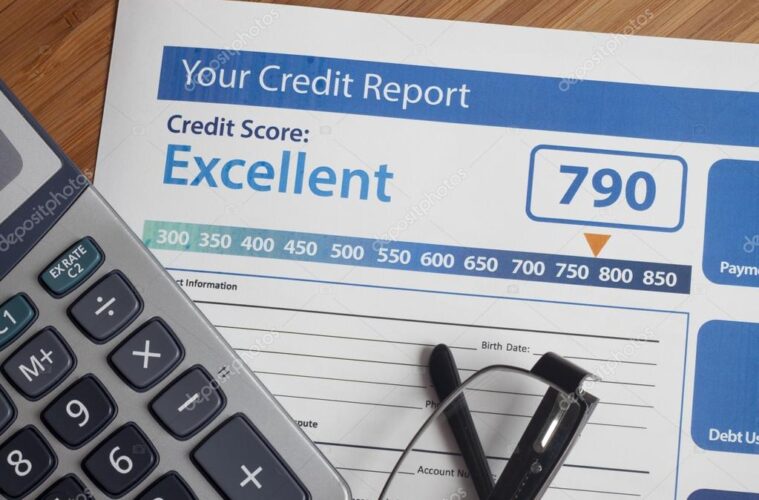Having a good credit score is extremely important. Your credit score is what lenders look at when deciding whether they should lend to you or not as it represents your ability to repay your debts. It can also make or break your ability to secure a mortgage.
Credit scores range between 300-850 and are based on the following:
- Payment history and on-time payments on your debts. (Late payments will decrease your credit score)
- Your total debt, which may or may not include: Student/car loans, and credit card debts, etc. (Reaching the limits on your credit cards will also affect your credit score adversely, whether the amount owed is small or large)
- The duration of your credit usage and your management of it also plays a crucial role and indicates how you’ve managed your credit. (You can improve your scores by lowering your credit card balances and paying your bills in a timely manner)
- The frequency of applying for new credit cards and taking on new debt is also a significant factor.
- Whether it’s a credit card, a retail account, installment loans, or a mortgage – the choices of credit that you use currently are also taken into account.
A score between 300-649 is “bad”, 650-700 is “fair”, 700-749 is “good”, and a score falling between 750-850 is considered “excellent”. Creditors usually use FICO or VantageScore as their preferred choice of scoring systems and they determine your score by combining your financial data from various credit bureaus like TransUnion, Experian, and Equifax.
So, now that you’ve understood how credit scores work, let’s talk about how you can change your credit score from bad to fab.
Tips to improve your credit score
1. Review your credit reports
The first thing that you need to do is to get your credit reports reviewed through agencies like TransUnion, Experian, and Equifax. You can find all three of them under the umbrella of Credit Report API. The reason why you need to review your credit reports is because it will help you understand what it is exactly that’s constantly lowering your credit score. Is it a late payment on your credit card? Reaching the limit on your credit card? A late payment on your mortgage? Whatever it is. You need to review it and note down the things that are causing the most damage.
2. Make your payments on time
I know it’s easier said than done but hear me out. Credit card debt is a cause of long-term pain for millions of people. Millennials, especially, face a hard time paying off their debt. If you don’t pay it off, it’s going to cripple your credit score and paralyze any chances of you recovering from it.
Paying off debts like your student loans and paying your balance on time and entirely is going to do wonders for your credit score.
3. How much are you spending?
Only making your payments on time isn’t enough. Your utilization rate, which is a ratio of the amount you’ve spent on your credit card and the card’s maximum limit, is important as well. In order for your score to improve, the utilization rate needs to be low. (Less than 30% is ideal)
4. Look after your score
Once you’ve put all the aforementioned tips into motion, don’t just sit back and relax, thinking it’s all taken care of. Improving your credit score takes time. Therefore, you need to keep checking it regularly.
Bad credit scores will take away many opportunities from your grasp. Hence, it is essential that you follow these above-mentioned tips, and more, to improve and increase your credit score

